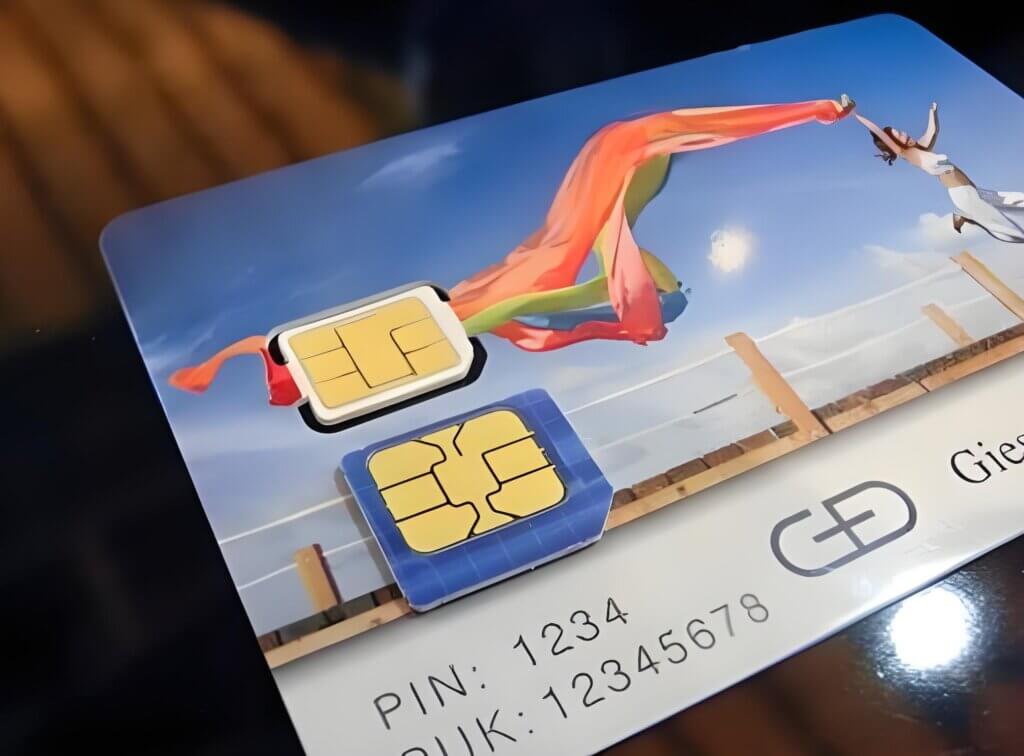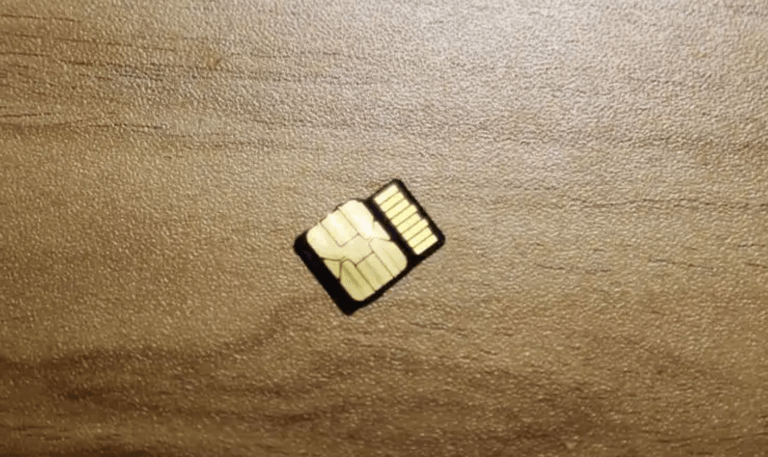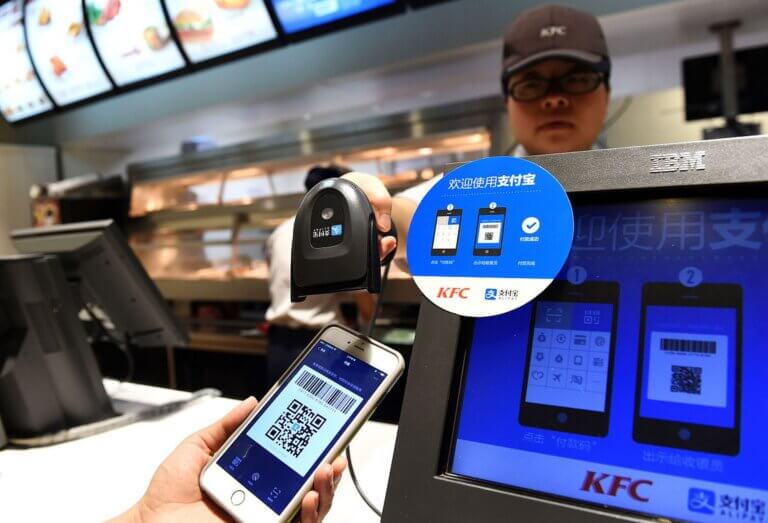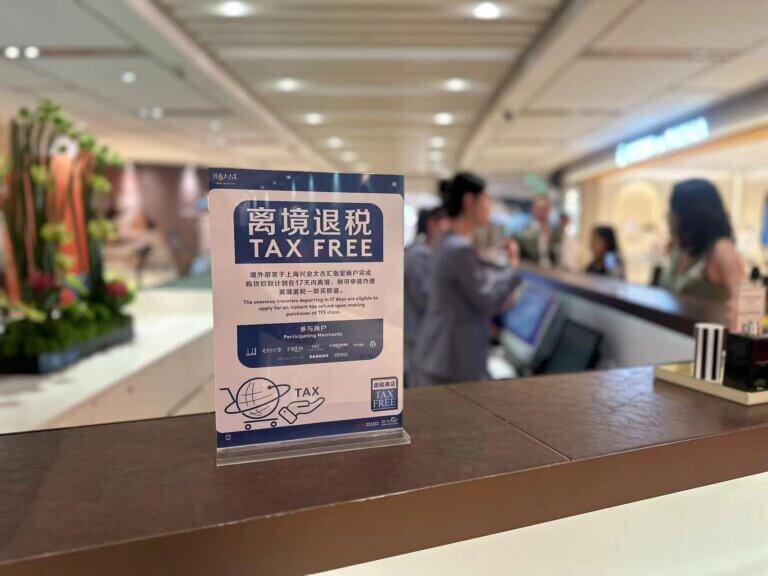
1. Top SIM Card Providers and Plans for Foreign Tourists
China’s three major telecom operators—China Unicom, China Telecom, and China Mobile—offer tailored plans for foreigners. Here’s a breakdown:
- China Unicom CUBe Card:
A groundbreaking “3-in-1” SIM card merging mobile data, digital yuan payments, and public transport access (e.g., Beijing Subway). Plans start at $12 for 10 days, with 20GB data and 100 local minutes. No app downloads are needed—just “tap-to-pay” at merchants or subway gates1515. - China Telecom Short-Term Plans:
Offers 7- to 30-day packages. The 7-day plan ($12) includes 20GB data, 100 minutes, and 50 SMS. Ideal for Beijing tourists needing heavy navigation and translation app usage. - Nihao Mobile (Online Option):
A licensed provider for foreigners, offering English/German support and online activation. Plans start at $15/month with unlimited data. Perfect for long-term stays.
Pro Tip: Avoid China Mobile if you prioritize 5G coverage—China Unicom and China Telecom dominate 5G infrastructure.
2. How to Buy a China SIM Card: Required Documents
Foreigners must comply with China’s strict real-name registration policies:
- Documents Needed:
- Valid passport (with at least 6 months’ validity).
- Chinese visa or residence permit.
- Proof of address (e.g., hotel booking).
- Where to Buy:
- Airport kiosks (Beijing Capital, Shanghai Pudong).
- Operator stores (e.g., China Unicom outlets in Beijing).
- Online via Nihao Mobile (no in-person visit required).
- Activation Time:
Most SIMs activate instantly. CUBe Card users can start using digital yuan payments immediately5.
3. Data Speeds and Network Coverage
China’s 5G network is among the world’s fastest, with average speeds of 400–650 Mbps. Key points:
- CUBe Card: Offers 5G speeds up to 468 Mbps.
- Tourist Plans: China Telecom’s 20GB plan supports HD video streaming and navigation without buffering10.
- Coverage: Urban areas (Beijing, Shanghai) have excellent signal; rural regions may vary.
4. Blocked Websites and Apps
China’s “Great Firewall” restricts access to:
- Social Media: Facebook, Instagram, Twitter, YouTube.
- Google Services: Gmail, Google Maps, Drive.
- News Platforms: BBC, CNN, The New York Times.
Workaround: Use translation apps like Baidu Translate and maps like Amap or Tencent Maps.
5. Do You Need a VPN in China? Absolutely.
A VPN is essential to bypass censorship and access global services:
- Recommended VPNs:
- ExpressVPN: Fast, reliable, and optimized for China (30-day refund).
- NordVPN: Budget-friendly with strong privacy features.
- Setup: Download the VPN app before arriving in China (most VPN websites are blocked).
Note: Using unauthorized VPNs is legally risky. Stick to reputable providers.
6. Key Tips for Foreign Travelers
- Auto-Cancellation: Most tourist SIMs (e.g., CUBe Card) expire automatically—no need to visit stores5.
- Payment Methods: CUBe Card supports “tap-to-pay” via digital yuan; other SIMs may require Alipay/WeChat Pay (link a foreign card in advance).
- Backup Connectivity: Rent a portable Wi-Fi device (available at airports) for remote areas5.
Final Thoughts
A China SIM card is more than a data plan—it’s your key to hassle-free travel. Pair it with a trusted VPN, and you’ll unlock both connectivity in this dynamic country. Safe travels!






